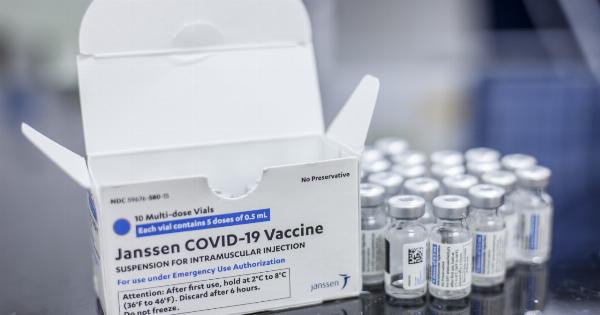Psoriasis is a chronic autoimmune condition that affects the skin. It causes skin cells to multiply rapidly, leading to red, thick, and scaly patches that can be itchy and painful.
While there is no known cure for psoriasis, there are many ways to manage the disease and live well with it. Here are some of the latest news and tips on how to do so.
1. Stay on top of your treatment
One of the most important things you can do to manage psoriasis is to stay on top of your treatment. This may involve the use of topical creams and ointments, light therapy, or medications such as biologics.
Make sure you follow your doctor’s instructions and take your medications as prescribed. Don’t be afraid to talk to your doctor about any concerns or side effects you may be experiencing.
2. Keep your skin moisturized
Moisturizing your skin is key to managing psoriasis symptoms. Use a thick, fragrance-free moisturizer after bathing or showering to help lock in moisture. Avoid hot showers or baths, as they can dry out the skin even more.
3. Manage stress
Stress can trigger psoriasis flare-ups, so it’s important to find ways to manage stress in your life. This may include exercise, meditation, deep breathing, or spending time doing something you enjoy.
4. Eat a healthy diet
Eating a healthy diet can also help manage psoriasis symptoms. Focus on eating a variety of fruits and vegetables, lean proteins, and whole grains. Avoid processed foods, sugary drinks, and alcohol, as they can trigger inflammation in the body.
5. Exercise regularly
Regular exercise can help manage stress and improve overall health, which can in turn help manage psoriasis symptoms. Aim for at least 30 minutes of moderate exercise, such as brisk walking, every day.
6. Join a support group
Living with psoriasis can be challenging, but you don’t have to do it alone. Joining a support group can help you connect with others who are going through similar experiences.
You can find support groups online or through organizations such as the National Psoriasis Foundation.
7. Try alternative therapies
While there is no cure for psoriasis, there are many alternative therapies that may help manage symptoms. These include acupuncture, massage, and herbal remedies.
Talk to your doctor before trying any alternative therapies to make sure they are safe and effective for you.
8. Protect your skin
Psoriasis can make your skin more sensitive to the sun, so it’s important to protect your skin when you’re outside.
Wear protective clothing, such as long-sleeved shirts and hats, and use a broad-spectrum sunscreen with an SPF of at least 30.
9. Stay informed
There is a lot of misinformation out there about psoriasis, so it’s important to stay informed.
Keep up to date with the latest research and news on psoriasis, and don’t be afraid to ask your doctor or dermatologist any questions you may have.
10. Be kind to yourself
Living with psoriasis can be difficult, but it’s important to be kind to yourself and remember that you are not alone. Take time for self-care, practice self-compassion, and surround yourself with supportive friends and family.





























